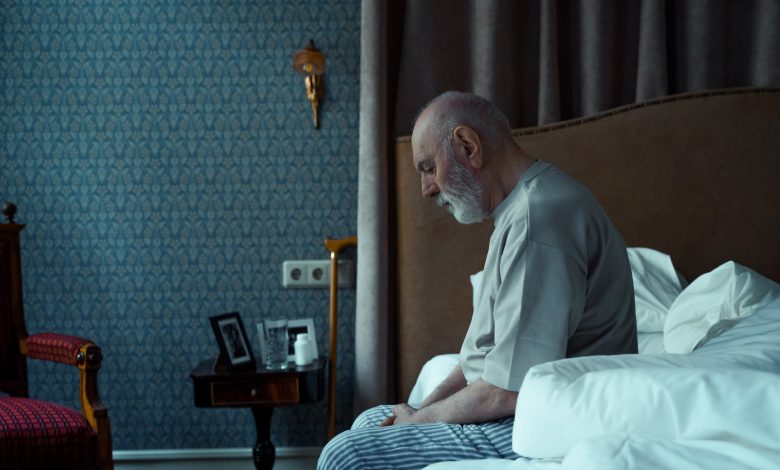Is grandpa depressed?


By Jasdeep Gill
Mr. A, a 75-year-old retired science teacher, observes the scene of his grandchild’s first birthday. There were many people he knew, including distant family, but he wanted to sit away from everyone to avoid engaging in conversations. Laughter, balloons, games, good weather: he had every reason to feel good. Nevertheless, he felt anxious and irritable. He thought about the pain in his lower back, trying unsuccessfully to adjust himself to be as comfortable as possible. He was tired, owing to the lack of sleep since his pain first started six months ago. His General Practitioner (GP) recently stopped his opioid analgesia since it caused constipation and sometimes made Mr. A confused, which his family worried about. He now takes regular paracetamol which only has some effect on his pain, thus significantly impacting his quality of life.
Depressive symptoms are present in about 15 percent of older adults. Common signs and symptoms include sleep disturbances, reduced appetite and weight loss, reduced energy and concentration, and hypochondriacal complaints. Additionally, cognitive impairment can occur in depressed older people, which can sometimes be confused with true dementia—although in depression, cognitive symptoms tend to be variable.
Late-onset depression refers to the emergence of depression later in life. Different factors contribute to its development and progression. These might include medical diseases, medications, and importantly, the psychological and social aspects of ageing. Notably, age-related cerebrovascular changes (i.e., changes in blood supply to the brain) have been observed to be related to depression in later life. The vascular depression hypothesis, for example, proposes that cerebrovascular diseases are closely related to depression in old age, which are often characterised by co-occurring executive dysfunction (a form of cognitive impairment affecting such skills as organising, planning, task completion and decision-making). With a growing number of adults living with chronic conditions that increase the risk for vascular disease—including hypertension, diabetes, obesity and hypercholesterolaemia—it is important to recognise the potential risk this has for late-onset depression.
Treatment for depression in the elderly can involve a combination of antidepressant and psychotherapy. Any intercurrent physical disorder must be addressed, particularly that which has potential to contribute to the patient’s depression (in Mr A’s case, his chronic pain). Where antidepressants are indicated, they are usually started at a low dose and titrated depending on need and tolerability. Psychological interventions are effective in the elderly and are often the only treatment prescribed to those with mild depression and/or anxiety; problem-solving therapy has been shown to be useful in those with executive dysfunction. Where needed, consulting with a geriatric psychiatrist may be useful. Regular exercise, healthy eating and sleep habits, finding meaningful activities and engaging in family and community events are all important in maximising the person’s chance of recovery.


Case follow-up
Mr. A’s frequent tiredness, irritability and difficulties planning activities caused him to become socially isolated. His wife was worried about him, and while he denied that he was depressed or anxious, he agreed to see his GP for a review. The Geriatric Depression Scale was administered by his GP which showed Mr. A was moderately depressed. Additionally, his blood pressure was elevated, and he scored ‘severe’ in his lower back pain intensity. Treatment options were discussed with Mr A and his wife, which included optimising treatment for his pain. He agreed to start on an antidepressant medication, with his GP monitoring for side effects and interaction with other medications. He was referred to a psychologist and participated in Cognitive Behavioural Therapy (CBT). Over the following months, he showed improvements in motivation, and socialised more. As pain control improved, so did his sleep, which ultimately improved his quality of life.
—————————————————————
Jasdeep is a consultant psychiatrist who trained in Western Australia. He is currently undertaking subspecialty training in geriatric psychiatry, and is passionate about mood and anxiety disorders, including that which arise from chronic pain, stroke, dementia and Parkinson’s disease. Hailing from Ipoh, he hopes to contribute to the community in which he grew up by raising awareness of the existence of psychological disorders in older people, and how symptoms may differ from that of younger patients, a topic of relevance to a growing population of retirees.


